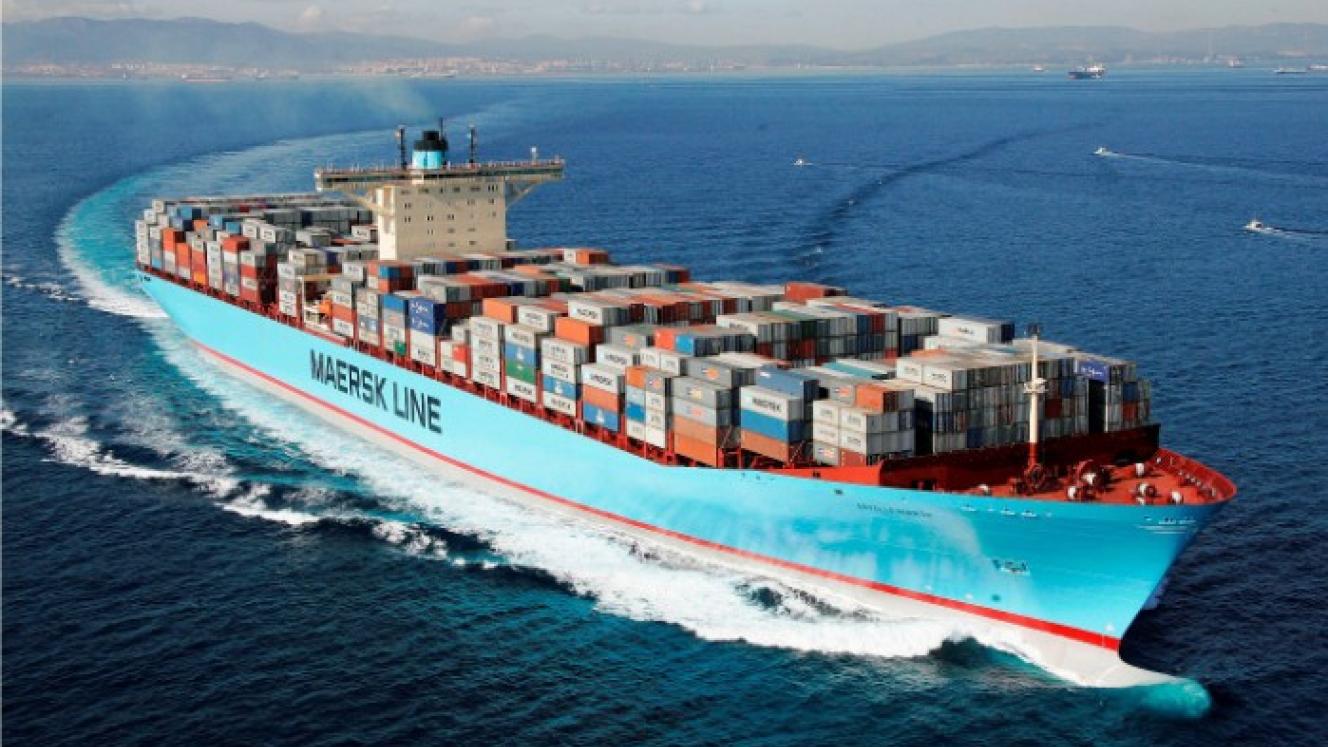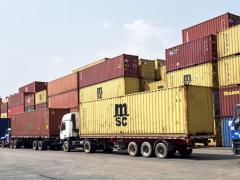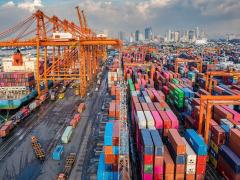Global maritime schedule reliability fell to 65.2 % in July 2025, according to the latest Global Liner Performance (GLP) report from maritime analytics firm Sea-Intelligence.
The figure represents the first month-on-month decline since January, following several months of gradual improvement.
The July report also shows that the average delay for late vessel arrivals worsened slightly, increasing by 0.14 days to 4.68 days. Maersk emerged as the most reliable carrier, achieving 80.6% schedule reliability, followed by Hapag-Lloyd at 74.0 %.
The next six carriers posted results in the 60–70% range, with the remainder between 50% and 60 %.
By comparison, global schedule reliability in the decade before the Covid pandemic typically ranged between 70% and 80%. Industry experts warn that today’s levels remain significantly below that historic benchmark.
“This is not a good performance by the industry compared to the normal performance in 2011-2019,” says Lars Jensen, CEO of ocean freight consultancy Vespucci Maritime.
He added that while some alliances, such as Gemini Cooperation, and MSC, which has no vessel-sharing arrangements on account of its fleet size, have achieved reliability levels above 75 %.
The industry overall has plateaued at just under two-thirds of vessels arriving on time.
Global logistics provider DSV, in its August 2025 freight update, highlighted ongoing pressures on shipping schedules caused by geopolitical tensions, rerouted shipping lanes and port congestion.
This dip in reliability has broad implications for supply chains, increasing uncertainty for shippers and freight forwarders.
It also comes at a time when global trade is adjusting to longer hauls, the opening of new corridors bypassing traditional chokepoints, and shifts in tanker deployment linked to the energy transition.
Although some individual trades and carrier alliances have shown punctuality improvements, the industry faces a critical test in the run-up to the final quarter of 2025.













